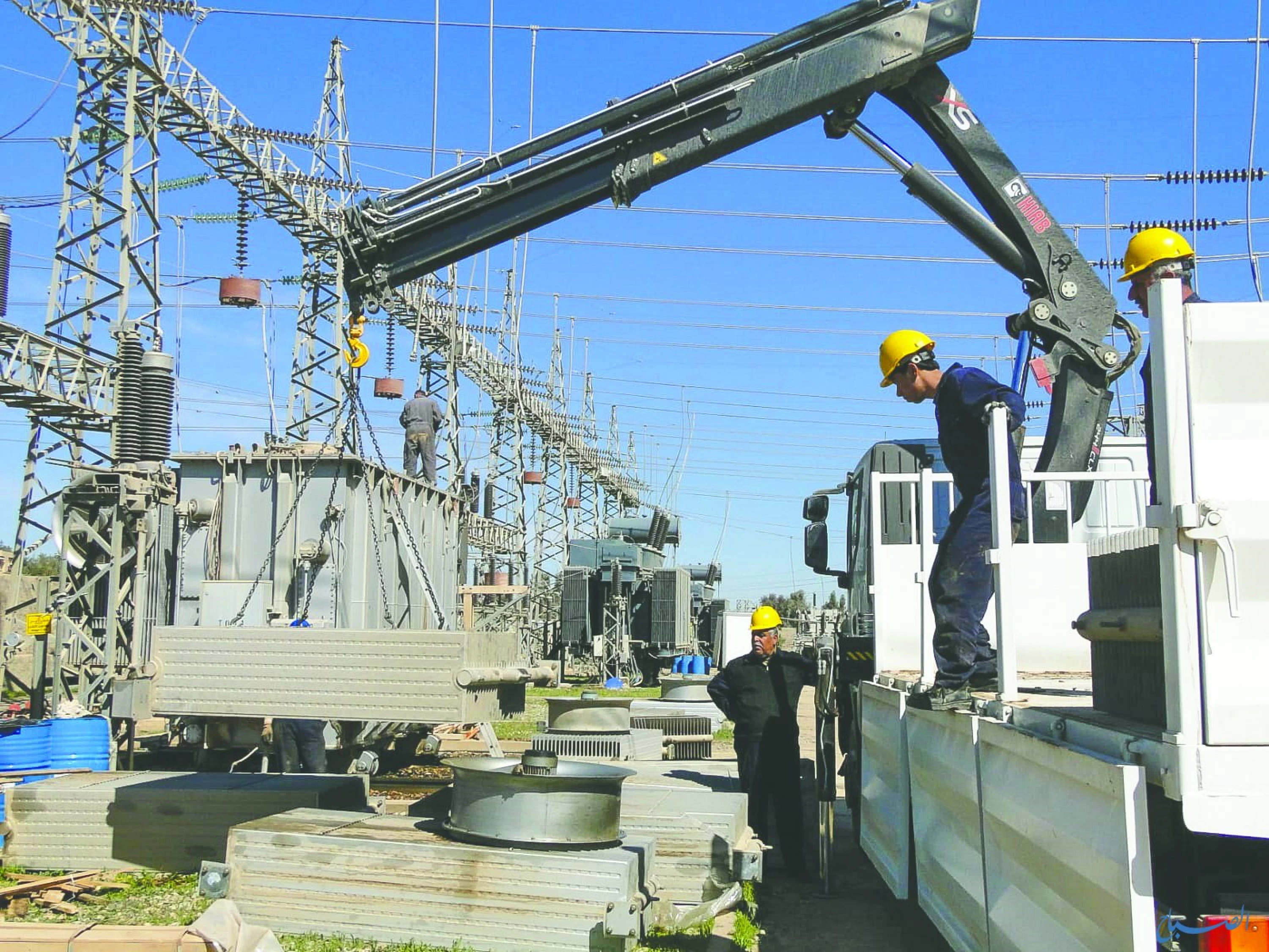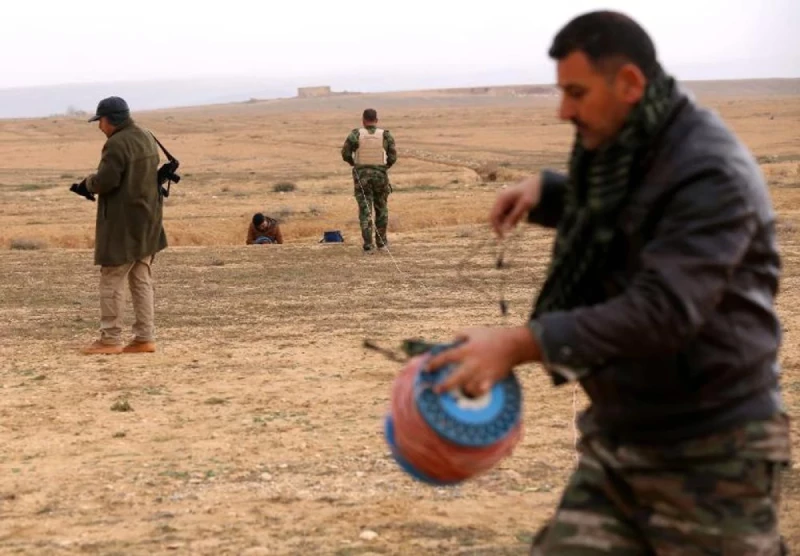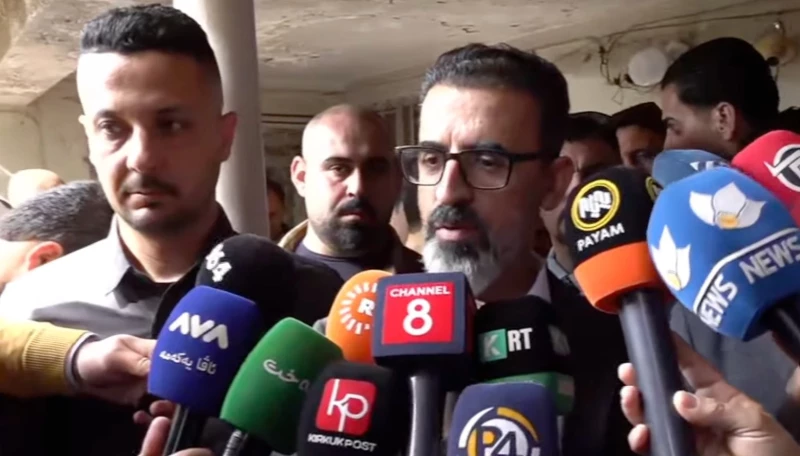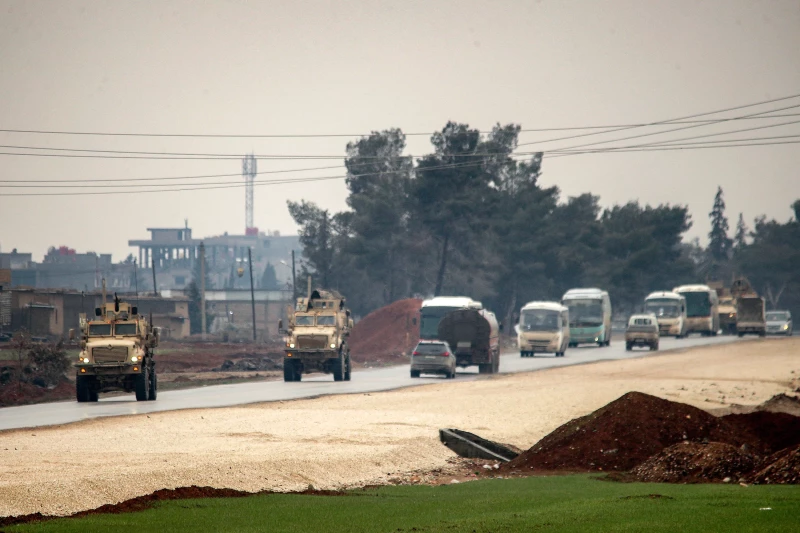ERBIL, Kurdistan Region of Iraq – Iraq’s electricity ministry said on Monday that it has “intensified” its work to complete several projects which will add 15,000 megawatts of electricity to the national grid, with the country seeking to curb recurring power outages.
“The ministry has intensified its work to complete the stalled projects, and a large number of projects under construction will be operated successively to contribute directly to raising production capacity,” ministry spokesperson Ahmed Musa told the state al-Sabah newspaper.
He stressed that “significant progress” has been made to modernize the electricity sector, with Iraq having long struggled with electricity shortages.
The national grid in Iraq routinely shuts off for hours at a day, excluding the Kurdistan Region, where a landmark round-the-clock electricity project has vastly improved the provision of electricity.
According to Musa, the completion of the electricity projects “will contribute to returning approximately $4 billion to the state treasury.”
Iraq has taken significant strides to develop its oil and gas sector. In July 2023, it inked a mega $27 billion contract with France’s TotalEnergies to develop the oil and gas sector over 25 years.
Iraq plans to generate 12,000 megawatts from renewable sources by 2030, aiming to ease pressure on the national grid. On peak summer days, demand may reach 55,000 megawatts while supply remains around 28 megawatts, showing the urgent need for new solutions.
Many Iraqis are turning to solar energy to cope with frequent and costly power outages. In areas like Mosul and agricultural regions, solar panels on homes and farms are helping people power their irrigation systems and reduce electricity bills.



 Facebook
Facebook
 LinkedIn
LinkedIn
 Telegram
Telegram
 X
X


